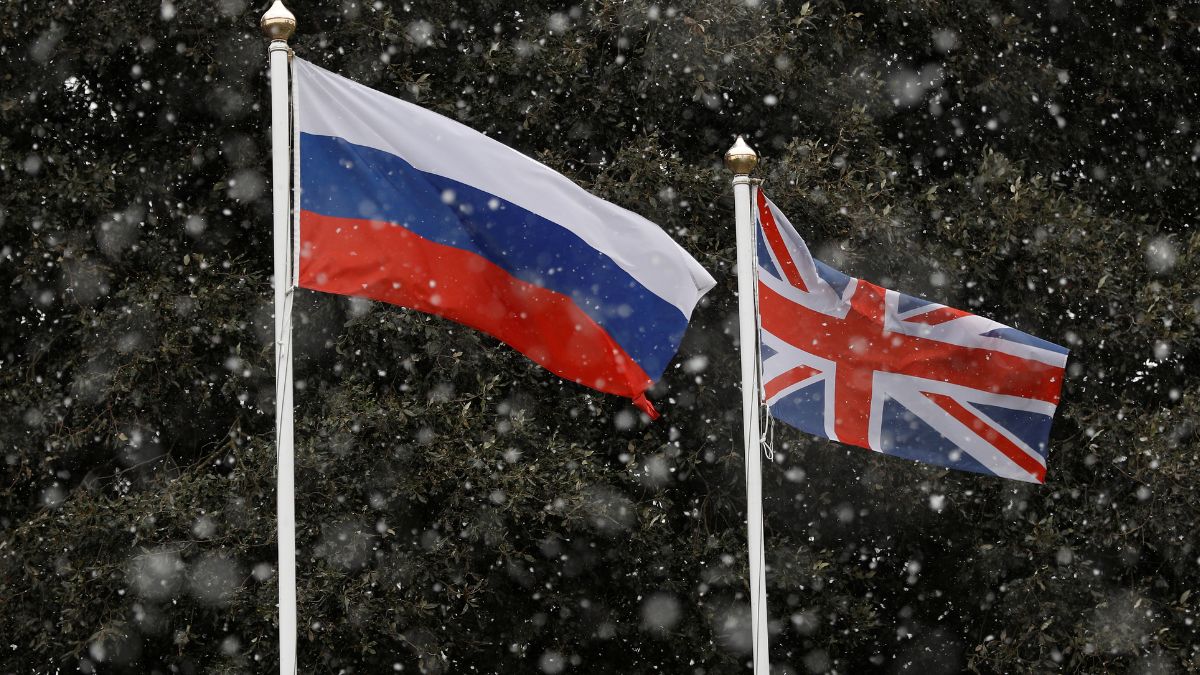A Russian Su-27 fighter jet was scrambled to intercept a British RC-135 reconnaissance aircraft and two RAF Typhoon fighter jets in a tense encounter in the Black Sea. The incident, which underscores the ongoing geopolitical frictions in the region, was confirmed by Russia’s Ministry of Defence.
According to the Ministry, foreign aircraft were detected approaching Russian airspace, prompting the swift launch of the Su-27 to escort and monitor the situation. The Russian fighter jet intercepted the British planes, and upon nearing the border, the foreign aircraft turned away, averting a potential confrontation.
This interception comes amid heightened military activity and surveillance in the Black Sea region, where NATO and Russian forces frequently operate in close proximity. Such encounters, while routine, carry the risk of escalation, particularly in a region marked by strategic military interests and territorial disputes.
The RC-135, a strategic reconnaissance aircraft, is known for its electronic intelligence capabilities, often deployed to gather crucial data on adversarial activities. The RAF Typhoons, versatile multirole combat jets, were likely providing escort and defensive cover for the reconnaissance mission.
The UK’s Ministry of Defence has yet to release an official statement regarding the incident. However, such flights are typically conducted in accordance with international airspace regulations, aimed at ensuring regional security and gathering intelligence.
This latest incident follows a series of similar encounters, highlighting the persistent tension between NATO forces and Russia. The Black Sea, a strategic maritime corridor, has been a focal point of military posturing, particularly following the annexation of Crimea by Russia in 2014 and the ongoing conflict in Eastern Ukraine.
Analysts suggest that these interceptions are a display of military readiness and a message to rival forces. As the geopolitical landscape remains stressed, such encounters are likely to prevail, requiring careful navigation to prevent inadvertent escalations.

